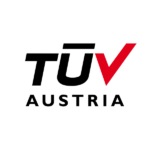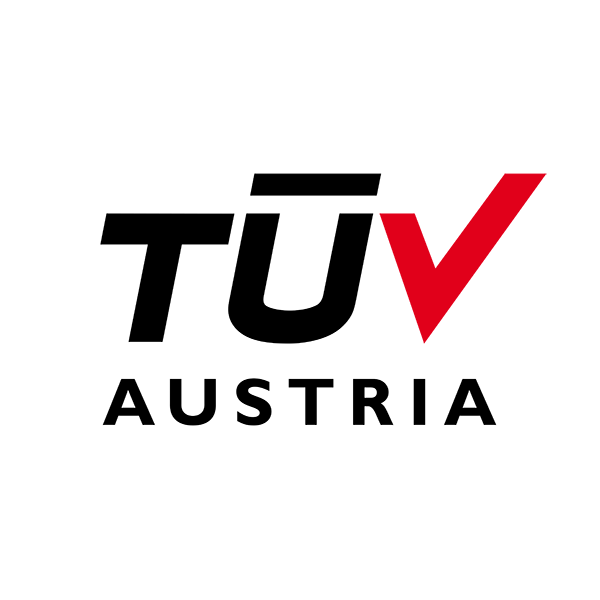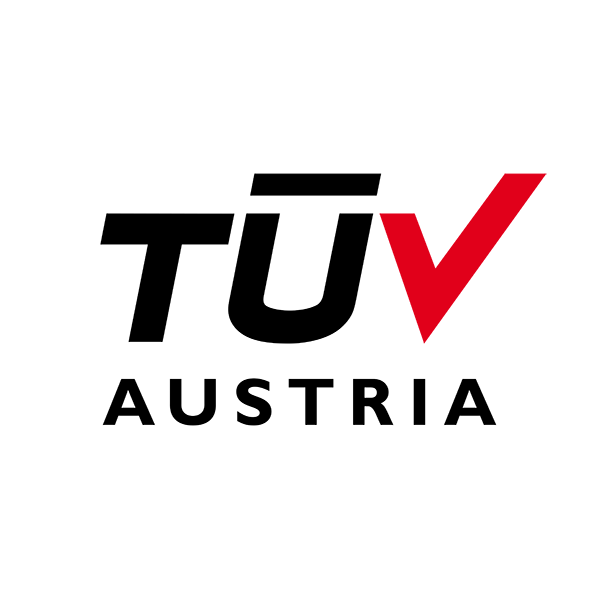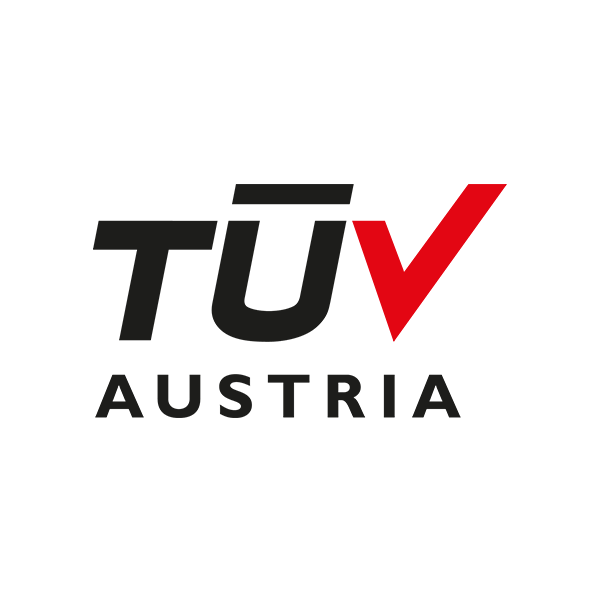Solution: SASB Verification
Solution: SASB Verification
Sustainability Reporting - SASB Verification
In which region do you need this solution?
Sustainability Reporting - SASB Verification
Sustainability Reporting – SASB Verification
Sustainability reporting and verification are critical aspects of an organization’s commitment to environmental, social, and governance (ESG) responsibility. They encompass the transparent communication of an organization’s ESG performance and practices.
The Sustainability Accounting Standards Board (SASB) provides industry-specific sustainability disclosures, helping organizations report financially material ESG factors. SASB standards enable companies to communicate their sustainability performance in a way that is relevant to investors, fostering transparency, comparability, and informed decision-making.
SASB has developed 77 industry-specific standards across 11 main industries (consumer goods, extractives & minerals processing, financials, food & beverage, health care, infrastructure, renewable resources & alternative energy, resource transformation, services, technology & communication, transportation).
Benefits
By implementing this framework and undergoing third-party verification, organizations can realize various benefits:
- Enhanced Credibility: Third-party verification enhances the credibility and reliability of ESG disclosures and sustainability reports.
- Stakeholder Trust: Verified reports build trust among stakeholders, demonstrating a commitment to transparency and accountability.
- Compliance: Compliance with relevant standards and regulations is ensured, reducing the risk of non-compliance.
- Competitive Advantage: Organizations gain a competitive edge by showcasing their commitment to responsible ESG practices and meeting stakeholder expectations.
- Sustainable Business Practices: Implementation encourages the adoption of more sustainable business practices, contributing to environmental and social responsibility.
Applicability
The framework and verification processes are applicable to a wide range of organizations and industries globally, especially for:
- Companies committed to transparent and credible sustainability reporting and disclosure.
- Organizations seeking to align with international best practices, regulatory requirements, or stakeholder demands for ESG transparency.
- Entities aiming to build trust with investors, customers, employees, and other stakeholders through third-party verification.
Additional Verification services offered by TÜV AUSTRIA for Sustainability Reporting under Green Action Services:
Other categories of the sector "" Discover:
 Transport & Traffic
Transport & Traffic Bank & Insurance
Bank & Insurance Energy
Energy Health & Medicine
Health & Medicine Science & Research
Science & Research Sports & Fitness
Sports & Fitness Leisure & Entertainment
Leisure & Entertainment Electronics
Electronics Construction & Real Estate
Construction & Real Estate IT & Security
IT & Security Certification
Certification Industry
Industry Foodstuffs
Foodstuffs Tourism
Tourism Agriculture
Agriculture Trade & Commerce
Trade & Commerce Sustainability
Sustainability Communications Technology
Communications Technology Machinery
Machinery Municipalities
Municipalities Automotive
Automotive